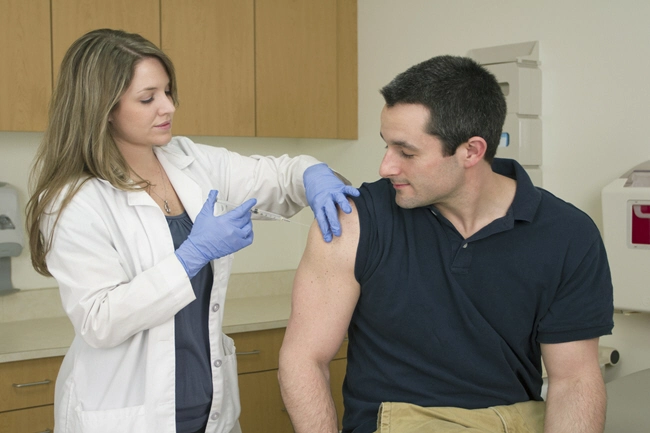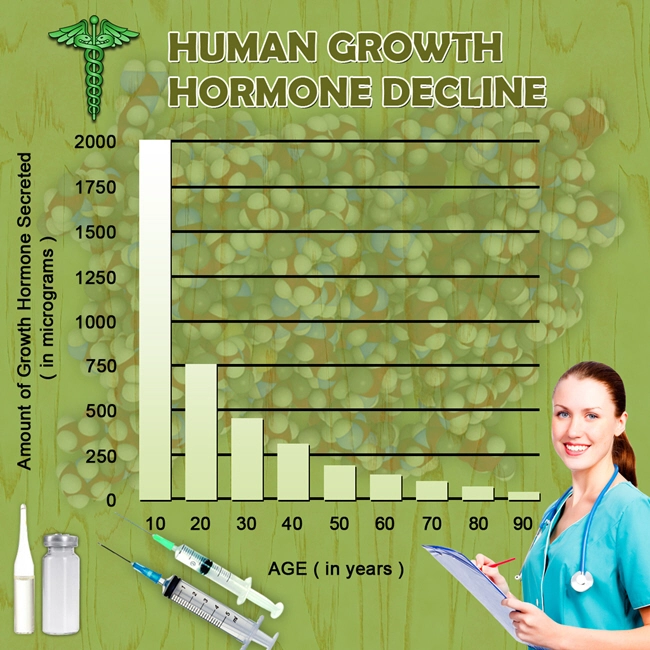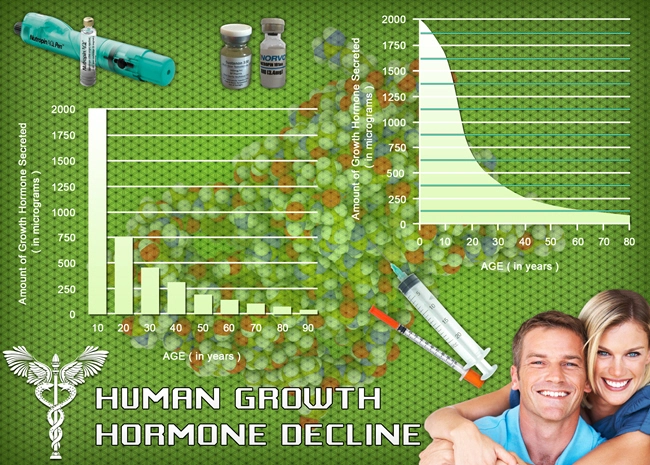
Introduction to Rotator Cuff Injuries
Rotator cuff injuries are a common ailment among American male swimmers, often resulting from the repetitive overhead motions intrinsic to the sport. These injuries can range from mild inflammation to complete tears, significantly impacting an athlete's performance and quality of life. Understanding the nuances of these injuries and the tailored approaches of sports medicine can lead to more effective treatment and quicker recovery times.
The Prevalence of Rotator Cuff Injuries in Swimmers
Swimming, while an excellent form of low-impact exercise, places considerable strain on the shoulder joint, particularly the rotator cuff. Studies indicate that up to 70% of competitive swimmers may experience shoulder pain, with a significant portion attributed to rotator cuff pathology. The repetitive nature of swimming strokes, coupled with the high volume of training typical in competitive swimming, exacerbates the risk of injury among American male swimmers.
Sports Medicine's Diagnostic Approach
The initial step in treating rotator cuff injuries involves a comprehensive diagnostic evaluation. Sports medicine specialists employ a combination of clinical examinations, imaging studies such as MRI or ultrasound, and patient history to accurately diagnose the extent of the injury. This thorough approach ensures that the treatment plan is specifically tailored to the individual's needs, maximizing the potential for recovery.
Innovative Treatment Modalities
Sports medicine has evolved to offer a variety of treatment options for rotator cuff injuries in swimmers. Conservative treatments, such as physical therapy and anti-inflammatory medications, are often the first line of defense. These therapies focus on reducing pain, improving range of motion, and strengthening the muscles surrounding the shoulder to prevent future injuries.
For more severe cases, sports medicine specialists may recommend minimally invasive procedures like arthroscopic surgery. This technique allows for precise repair of the rotator cuff with minimal disruption to surrounding tissues, facilitating a faster return to swimming. Post-operative rehabilitation is crucial, with tailored programs designed to restore strength and function while gradually reintroducing swimming-specific movements.
The Role of Prevention in Sports Medicine
Prevention is a cornerstone of sports medicine's approach to rotator cuff injuries. American male swimmers are encouraged to engage in prehabilitation exercises that strengthen the shoulder girdle and improve biomechanics. Coaches and sports medicine professionals work collaboratively to modify training regimens, ensuring that swimmers maintain optimal technique to minimize injury risk.
The Impact of Sports Medicine on Recovery and Performance
The integration of sports medicine principles has significantly improved outcomes for American male swimmers with rotator cuff injuries. By focusing on individualized treatment plans, innovative surgical techniques, and comprehensive rehabilitation, athletes can return to the pool with confidence. Moreover, the emphasis on prevention helps to reduce the incidence of these injuries, allowing swimmers to maintain peak performance throughout their careers.
Conclusion: A Holistic Approach to Rotator Cuff Injury Management
The management of rotator cuff injuries in American male swimmers represents a testament to the advancements in sports medicine. Through a holistic approach that encompasses diagnosis, treatment, and prevention, sports medicine specialists are revolutionizing the way these injuries are addressed. As a result, swimmers can enjoy longer, healthier careers, contributing to the continued success and growth of swimming in the United States.
Contact Us Today For A Free Consultation
Dear Patient,
Once you have completing the above contact form, for security purposes and confirmation, please confirm your information by calling us.
Please call now: 1-800-380-5339.
Welcoming You To Our Clinic, Professor Tom Henderson.

- Preventing Ankle Injuries in American Male Volleyball Players: A Comprehensive Guide [Last Updated On: March 14th, 2025] [Originally Added On: March 14th, 2025]
- Rowing and Lower Back Pain: Sports Medicine's Role in Prevention and Treatment [Last Updated On: March 16th, 2025] [Originally Added On: March 16th, 2025]
- Optimizing Recovery for American Male Martial Artists: A Holistic Approach [Last Updated On: March 18th, 2025] [Originally Added On: March 18th, 2025]
- Hamstring Injuries in Sprinters: Diagnosis, Treatment, and Prevention Strategies [Last Updated On: March 18th, 2025] [Originally Added On: March 18th, 2025]
- Surfing Injuries in American Males: Prevention, Treatment, and Performance Enhancement [Last Updated On: March 19th, 2025] [Originally Added On: March 19th, 2025]
- Sports Medicine's Vital Role in Enhancing Triathlete Performance and Health [Last Updated On: March 20th, 2025] [Originally Added On: March 20th, 2025]
- Sports Medicine Revolutionizes Injury Management for American Male Figure Skaters [Last Updated On: March 20th, 2025] [Originally Added On: March 20th, 2025]
- Wrist Injuries in American Male Snowboarders: Epidemiology, Prevention, and Management [Last Updated On: March 20th, 2025] [Originally Added On: March 20th, 2025]
- Sports Medicine's Role in Preventing Overuse Injuries in American Male Climbers [Last Updated On: March 20th, 2025] [Originally Added On: March 20th, 2025]
- Ultimate Frisbee: Knee Health Strategies for American Male Players [Last Updated On: March 21st, 2025] [Originally Added On: March 21st, 2025]
- Sports Medicine Enhances Performance and Health for American Male Polo Players [Last Updated On: March 21st, 2025] [Originally Added On: March 21st, 2025]
- Sports Medicine Enhances Performance and Longevity in American Male Badminton Players [Last Updated On: March 21st, 2025] [Originally Added On: March 21st, 2025]
- Sports Medicine Revolutionizes CrossFit: Enhancing Performance and Health for American Males [Last Updated On: March 22nd, 2025] [Originally Added On: March 22nd, 2025]
- Sports Medicine Benefits for American Male Water Polo Players: Performance, Recovery, Nutrition [Last Updated On: March 22nd, 2025] [Originally Added On: March 22nd, 2025]
- Sports Medicine's Crucial Role in BMX Rider Recovery and Rehabilitation [Last Updated On: March 22nd, 2025] [Originally Added On: March 22nd, 2025]
- Preventing Shoulder Injuries in Lacrosse Goalies: A Sports Medicine Approach [Last Updated On: March 23rd, 2025] [Originally Added On: March 23rd, 2025]
- Sports Medicine's Vital Role in Enhancing Rugby Sevens Performance and Safety [Last Updated On: March 23rd, 2025] [Originally Added On: March 23rd, 2025]
- Preventing Stress Fractures in American Male Runners: Sports Medicine Strategies [Last Updated On: March 23rd, 2025] [Originally Added On: March 23rd, 2025]
- Tendonitis in American Male Tennis Players: Diagnosis, Treatment, and Prevention Strategies [Last Updated On: March 23rd, 2025] [Originally Added On: March 23rd, 2025]
- Optimizing Recovery for Male Wide Receivers: Sports Medicine Strategies [Last Updated On: March 24th, 2025] [Originally Added On: March 24th, 2025]
- Sports Medicine Revolutionizes Training for American Male Handball Athletes [Last Updated On: March 24th, 2025] [Originally Added On: March 24th, 2025]
- Sports Medicine's Role in Enhancing American Male Fencers' Performance and Health [Last Updated On: March 24th, 2025] [Originally Added On: March 24th, 2025]
- Hip Issues in American Male Track Cyclists: Sports Medicine's Role and Innovations [Last Updated On: March 24th, 2025] [Originally Added On: March 24th, 2025]
- Preventing Back Injuries in American Male Rowers: A Holistic Sports Medicine Approach [Last Updated On: March 24th, 2025] [Originally Added On: March 24th, 2025]
- Preventing Shin Splints in American Male Runners: Sports Medicine Strategies [Last Updated On: March 24th, 2025] [Originally Added On: March 24th, 2025]
- Sports Medicine Revolutionizes Injury Management for American Male Swimmers [Last Updated On: March 25th, 2025] [Originally Added On: March 25th, 2025]
- Sports Medicine Benefits for American Male Trampoline Gymnasts: Performance and Health [Last Updated On: March 25th, 2025] [Originally Added On: March 25th, 2025]
- Optimizing Recovery and Performance for American Male Soccer Goalkeepers: A Sports Medicine Approach [Last Updated On: March 25th, 2025] [Originally Added On: March 25th, 2025]
- Sports Medicine Advances Aid Lacrosse Midfielders' Hip Health and Performance [Last Updated On: March 25th, 2025] [Originally Added On: March 25th, 2025]
- Preventing Hamstring Injuries in American Male Soccer Midfielders: Advanced Techniques [Last Updated On: March 25th, 2025] [Originally Added On: March 25th, 2025]
- Sports Medicine's Crucial Role in Recovery for American Male Soccer Defenders [Last Updated On: March 26th, 2025] [Originally Added On: March 26th, 2025]
- Sports Medicine Benefits for American Male Table Tennis Players: Performance and Health [Last Updated On: March 26th, 2025] [Originally Added On: March 26th, 2025]
- Sports Medicine: Enhancing Performance and Health for American Male Track Athletes [Last Updated On: March 26th, 2025] [Originally Added On: March 26th, 2025]
- Sports Medicine's Impact on Recovery Times in American Male Ice Hockey Players [Last Updated On: March 26th, 2025] [Originally Added On: March 26th, 2025]
- Sports Medicine's Impact on Injury Management in American Male Field Hockey [Last Updated On: March 26th, 2025] [Originally Added On: March 26th, 2025]
- Sports Medicine's Role in Enhancing Volleyball Performance and Longevity for American Males [Last Updated On: March 26th, 2025] [Originally Added On: March 26th, 2025]
- Ankle Health Strategies for American Male Beach Volleyball Players [Last Updated On: March 26th, 2025] [Originally Added On: March 26th, 2025]
- Sports Medicine's Vital Role in Enhancing Rugby Forwards' Health and Performance [Last Updated On: March 27th, 2025] [Originally Added On: March 27th, 2025]
- Sports Medicine Revolutionizes Training for American Male Cyclists [Last Updated On: March 27th, 2025] [Originally Added On: March 27th, 2025]
- Cross-Country Skiing: Enhancing Knee Health and Performance in American Males [Last Updated On: March 27th, 2025] [Originally Added On: March 27th, 2025]
- Muscle Health Strategies for American Male Speed Skaters: Enhancing Performance and Longevity [Last Updated On: March 27th, 2025] [Originally Added On: March 27th, 2025]
- Lacrosse Shoulder Injuries: Diagnosis, Treatment, and Prevention Strategies [Last Updated On: March 27th, 2025] [Originally Added On: March 27th, 2025]
- Sports Medicine Advances Extend Careers of American Male Baseball Pitchers [Last Updated On: March 28th, 2025] [Originally Added On: March 28th, 2025]
- Managing Groin Injuries in American Male Hockey Players: A Holistic Approach [Last Updated On: March 28th, 2025] [Originally Added On: March 28th, 2025]
- Sports Medicine Advances Extend Careers of American Male Baseball Outfielders [Last Updated On: March 28th, 2025] [Originally Added On: March 28th, 2025]
- Sports Medicine Strategies to Prevent Achilles Tendon Injuries in American Male Runners [Last Updated On: March 28th, 2025] [Originally Added On: March 28th, 2025]
- Ankle Health Strategies for Basketball Point Guards: Prevention, Care, and Longevity [Last Updated On: March 28th, 2025] [Originally Added On: March 28th, 2025]
- Knee Health Management for Football Running Backs: Prevention, Treatment, Rehabilitation [Last Updated On: March 29th, 2025] [Originally Added On: March 29th, 2025]
- Sports Medicine: Enhancing Performance and Health in Basketball Forwards [Last Updated On: March 30th, 2025] [Originally Added On: March 30th, 2025]
- Sports Medicine Strategies for Recovery in American Male Soccer Forwards [Last Updated On: March 30th, 2025] [Originally Added On: March 30th, 2025]









